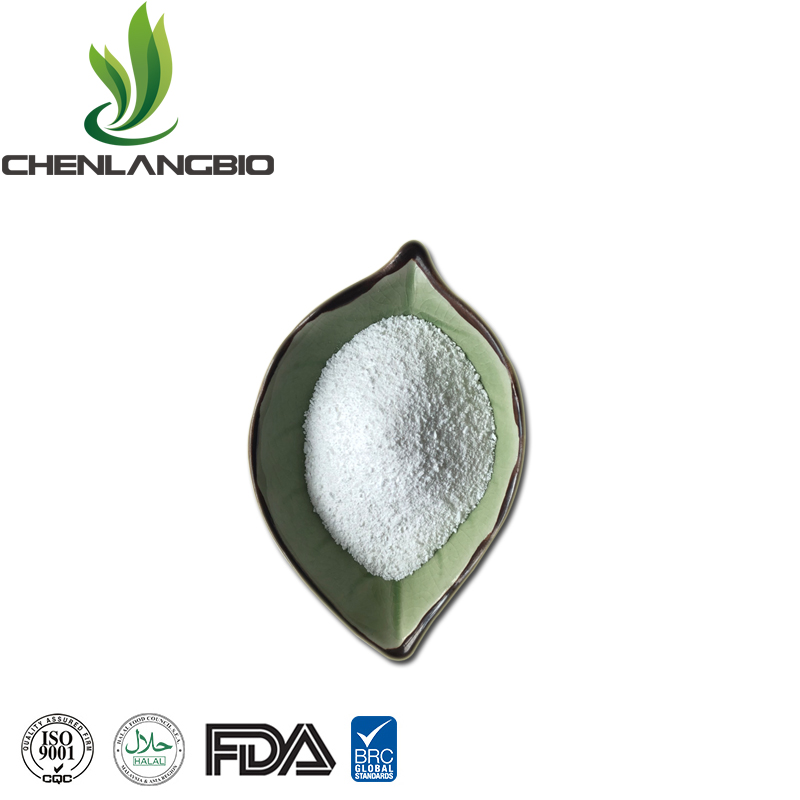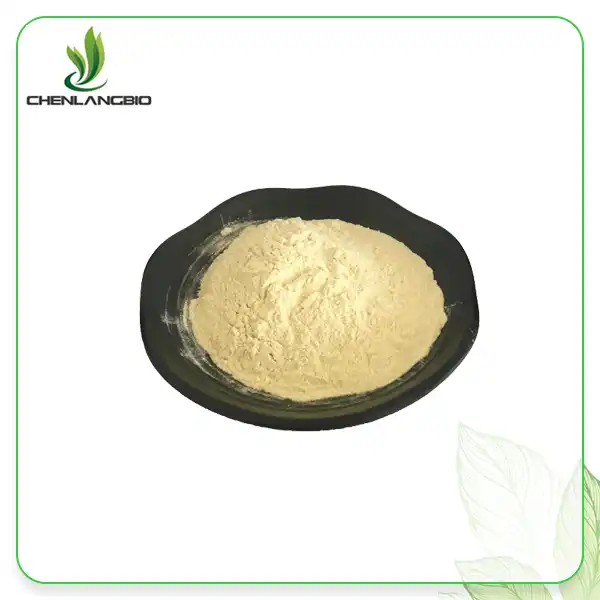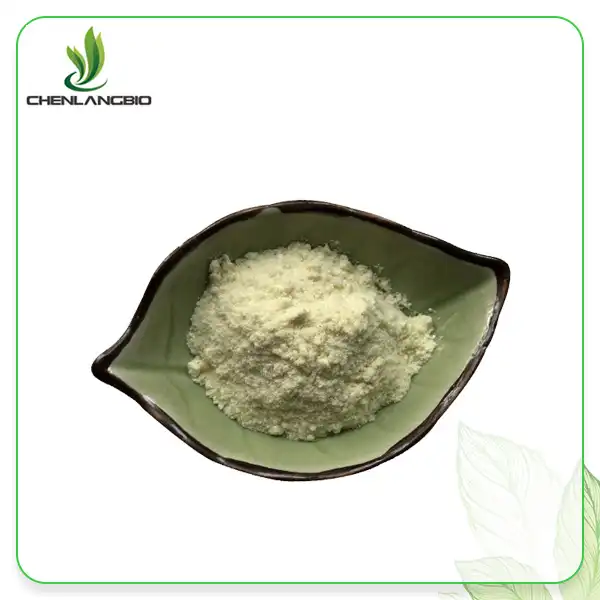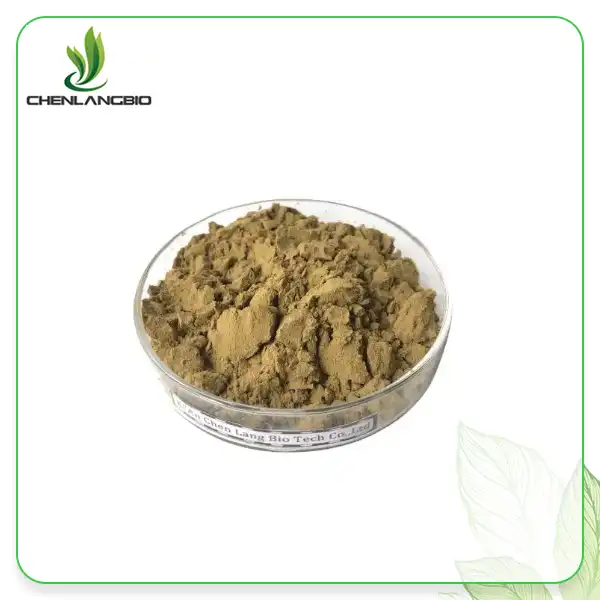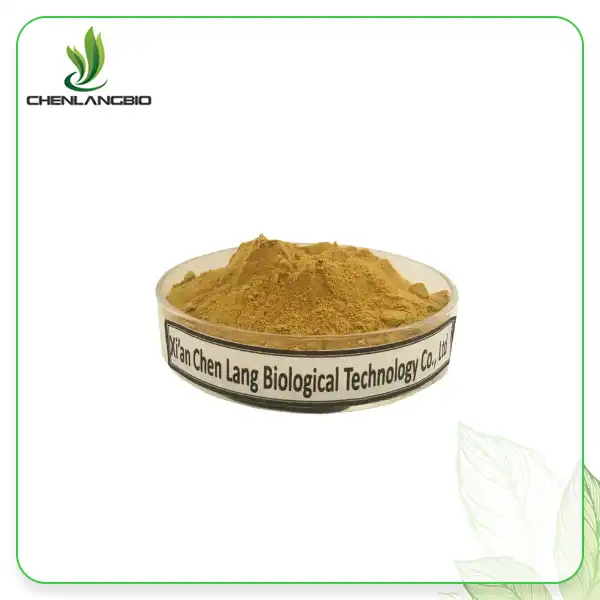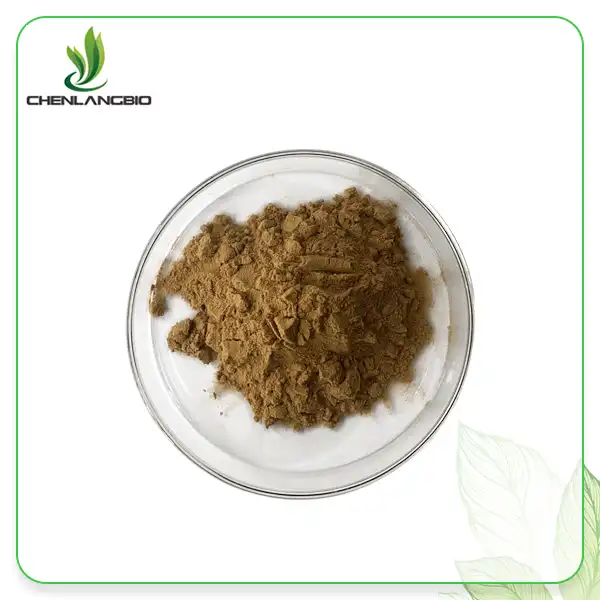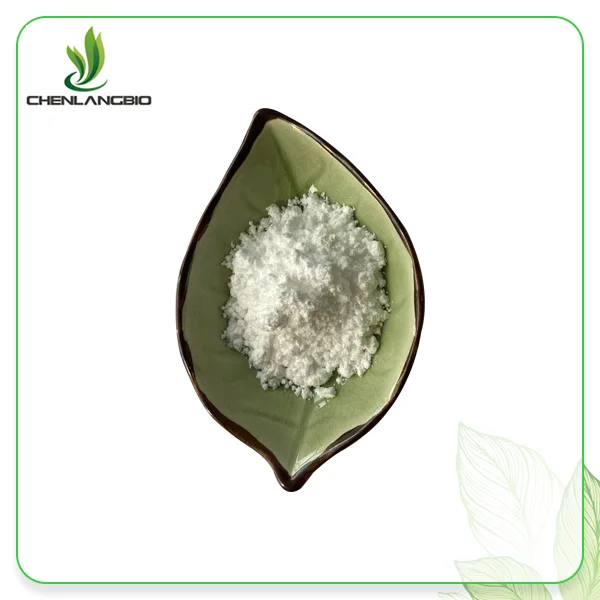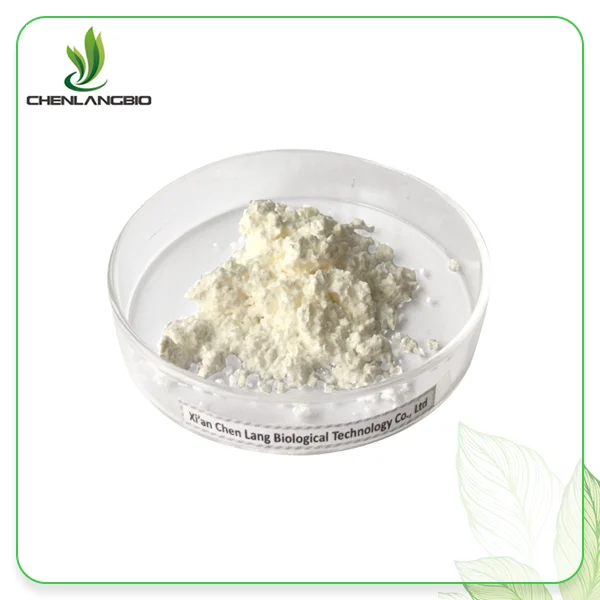Can Liposomal Glutathione Cause Weight Gain
2025-10-13 09:34:19
Can Liposomal Glutathione Cause Weight Gain? An In-Depth Look from CHEN LANG BIO TECH Glutathione Manufacturer’s Perspective
When supplement users notice changes in appetite, metabolism, or body composition, one natural question arises: Can liposomal glutathione powder cause weight gain? As manufacturers, formulators, and procurement teams, understanding how liposomal glutathione interacts with metabolic and physiological systems is crucial. XI AN CHEN LANG BIO TECH explores the evidence, mechanisms, and practical implications—offering a balanced perspective to guide product development and customer reassurance.
What Is Liposomal Glutathione?
Glutathione is a tripeptide composed of glutamine, cysteine, and glycine, and is widely described as the body’s “master antioxidant.” It helps neutralize reactive oxygen species (ROS), supports detoxification pathways, and maintains redox balance in cells. However, conventional oral glutathione has limited bioavailability due to degradation in the digestive tract.
This compound formulations encapsulate glutathione molecules within lipid vesicles (liposomes), which protect them from enzymatic breakdown and improve absorption across intestinal membranes. This enhances systemic uptake and increases the effective concentration reaching organs and tissues.
Because of this improved uptake, it has found applications in antioxidant therapies, detox support, skin health, and immune modulation. Its impact on metabolism and weight regulation—positive or negative—is less understood, which leads to questions of safety and side effects, such as weight gain.
Why People Ask: The Interface Between Antioxidants and Metabolism
Supplements, particularly antioxidants, are sometimes blamed for weight changes—primarily because metabolism is a delicate balance. The logic behind concern goes like this:
Metabolic slowdown: Some believe adding antioxidants may dampen mild oxidative signaling needed for fat metabolism (mitohormesis).
Improved energy efficiency: If a supplement enhances mitochondrial function, theoretically more energy is extracted per calorie, possibly reducing caloric “waste”.
Behavioral compensation: When people feel healthier, they may eat more or reduce physical activity.
Water retention or glycogen shifts: Some metabolic changes can transiently alter water balance or glycogen storage.
Given these plausible but speculative links, we must examine whether liposomal glutathione reliably brings about weight gain or whether such concerns are unfounded.
Scientific Evidence: Weight, Metabolism & Glutathione
Animal and Cellular Studies
Studies on glutathione’s role in metabolism focus largely on its antioxidant and mitochondrial support functions. Some relevant findings:
In obese rodents, glutathione levels are often depleted; supplementing precursors like N-acetylcysteine or direct GSH (glutathione) can restore redox balance and improve insulin sensitivity.
In models where oxidative stress impairs mitochondrial function, boosting glutathione levels helps protect mitochondria, reducing aerobic inefficiency.
However, these studies generally show improved metabolic function, not weight gain. They do not report pathological weight increases attributable to glutathione restoration.
Human Studies
Clinical trials involving oral glutathione or liposomal forms rarely report weight gain as a side effect. Some trials include body composition, but effects are typically neutral or favorable, e.g., reducing oxidative markers or improving metabolic syndrome parameters without promoting fat gain.
For instance, in a randomized controlled trial of glutathione supplementation, participants improved insulin sensitivity and lipid profiles — no significant weight changes were reported. That suggests no direct link to weight gain in standard, healthy use.
Overall, there is no strong clinical evidence that liposomal glutathione causes weight gain in humans under normal usage.
Mechanistic Considerations: Why Weight Gain Is Unlikely
To assess whether the risk is real or theoretical, consider the physiological logic:
No known anabolic pathway stimulation
Glutathione is not a growth hormone, steroid, or direct anabolic agent—there’s no mechanism by which it drives fat storage or muscle growth beyond normal metabolic repair functions.
Improving mitochondrial efficiency is not same as weight gain
Enhancing mitochondrial performance helps reduce oxidative damage and supports energy production, but does not inherently cause excess fat deposition.
Antioxidant balance vs. oxidative stress signaling
Some argue that blunting mild oxidative stress (which can serve as cellular signals) may impair “mitohormesis,” the adaptive benefits of redox stress. However, this effect is speculative and context-dependent. In practice, safe antioxidant support rarely suppresses beneficial oxidative signaling in healthy individuals.
Water retention or glycogen shifts are transient, not fat gain
Any small weight fluctuations might stem from water balance, sodium, or glycogen reserves—not true weight gain in fat mass.
Hence, the theoretical risk is low. Occasional weight fluctuation is more likely tied to diet, changes in activity, or hydration than to liposomal glutathione itself.
Implications for Diet, Weight Loss or Weight Management Programs
If your brand is marketing liposomal glutathione in the context of weight control or fatigue recovery, here are relevant considerations:
Position as support, not a weight loss agent
Avoid marketing that implies it will cause weight loss or “boost metabolism” dramatically. Instead, emphasize antioxidant support, recovery, or metabolic maintenance.
Combined with healthy lifestyle
Use in formulations marketed to people already pursuing diet and exercise. That way, any weight change is more plausibly linked to lifestyle, not the supplement alone.
Encourage dose moderation
Stay within clinically tested dosage ranges—excessive dosing might generate unintended metabolic feedbacks, although no strong data supports this.
Monitor user feedback
If end-users report weight gain, gather systematic data—times, doses, other supplements or diet changes—to isolate causality.
Product Development: Designing Safe, Consumer-Friendly Liposomal Glutathione
As manufacturers and raw-material suppliers, ensuring that your liposomal glutathione powder is reliable, safe, and aligned with consumer expectations is vital. Below are best practices:
Stability and purity: Provide consistent high-purity powder or concentrate with minimal heavy metals or impurities.
Bioavailability metrics: Publish data on encapsulation efficiency, liposome size uniformity, and serum glutathione levels post-administration.
Dose guidance: Support brands with suggested dose ranges that are safe and effective.
Packaging & storage: Use moisture-resistant, light-protective packaging to maintain stability.
Safety documentation: Provide toxicology, allergen, and human usage data that reassure brands and end users.
As a manufacturer of liposomal glutathione powder, you can differentiate your product by prioritizing transparency, stability, and technical support.
Why Trust CHEN LANG BIO TECH as Your Manufacturer
As a dedicated manufacturer of liposomal glutathione powder, we bring distinct advantages to brands and distributors:
Factory-direct supply: Eliminate middlemen, reduce cost, and keep tight control over quality.
Proven quality: Each batch is accompanied by COA, MSDS, and encapsulation efficiency testing.
High standards: Production follows GMP, ISO, and other relevant certifications.
Customization: We support multiple formats (powder, liquid, capsules) and help adapt to regulatory needs in your market.
Reliable delivery: Inventory readiness and global logistics ensure swift fulfillment.
Technical support: Formulation advice, stability data, and regulatory guidance are part of our service.
Working with us means equipping your product line with a scientifically credible ingredient and a partner who stands behind it.
Potential Side Notes & Caveats
Individual variation: Differences in metabolism, diet, and hormonal background can cause different reactions.
Concurrent supplements: If users are on other metabolic or antioxidant supplements, interactions may occur; always advise consulting healthcare professionals.
Dose extremes: While typical doses don’t show risk, very high, untested doses may carry unknown effects — avoid overpromised claims.
Call to Action
If you're developing antioxidant, detox, or wellness formulas and want high-quality liposomal glutathione powder, we are ready to support you. Our product offers robust encapsulation, purity, and documentation that meets strict market requirements. Let us help you bring safe, trustworthy formulations to consumers.
Contact us at admin@chenlangbio.com for sample requests, technical data, and quotations. Partner with us to produce supplements that your customers can trust.
References & Further Reading
Richie JP, Nichenametla S, Neidig W, et al. Randomized controlled trial of oral glutathione supplementation on body stores of glutathione. European Journal of Nutrition, 2015.
Allen TM, Cullis PR. Liposomal drug delivery systems: from concept to clinical applications. Advanced Drug Delivery Reviews, 2013.
Witschi A, Reddy S, Stofer B, Lauterburg BH. The systemic availability of oral glutathione. European Journal of Clinical Pharmacology, 1992.
Kidd PM. Glutathione: Systemic Protectant Against Oxidative and Free Radical Damage. Alternative Medicine Review, 1997.
Send Inquiry
Related Industry Knowledge
- The Role of 5HTP Powder in Expanding Health Product Portfolios
- 4 Key Applications of Asiaticoside Powder in Wellness
- Natural Cleaning with Soapnut Extract Powder
- Is Minoxidil Powder Effective for Hair Regrowth?
- What not to Mix with Sodium Ascorbyl Phosphate
- Where to Buy Amygdalin Vitamin b17
- What Should I Pay Attention to When Using Alpha Arbutin
- China Dimethylmethoxy Chromanyl Palmitate Supplier
- How much Olive Leaf Extract Powder Oleuropein Should I Take
- What Pure Nature Raspberry Ketone Good For



